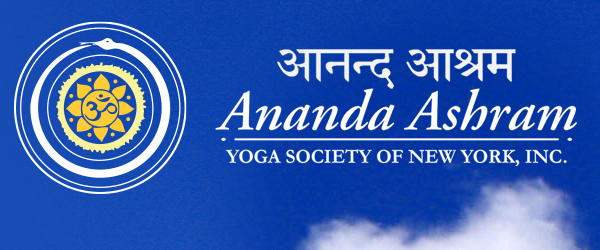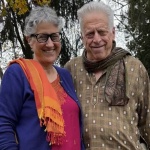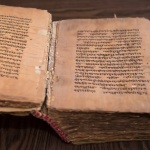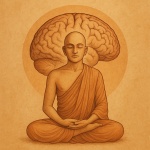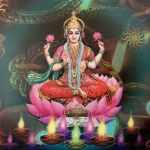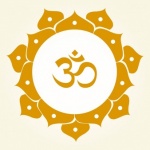Sanskrit Pronunciation & Chanting for Asana Practitioners *
Sanskrit Pronunciation & Chanting for Asana Practitioners *
Saturday 1:00 PM - 3:30 PM
Tuition: $40
Phonetic Resonance - the electro magnetic vibration of the Sanskrit Language - applies to all areas, the endless width and breadth of the language, including mantras, scriptures, stotras, asana, ayurveda, Panini, and beyond.
In this workshop we will focus on this resonance, particularly as it concerns the area of asana names. We will review the sounds of the Sanskrit Alphabet, work on pronunciation with echoing long and short sounds, and chant asana names in Guruji's style of chanting as it relates to re-wiring the brain.
Shanta Bulkin met his teacher, Shri Brahmananda Sarasvati (Shri Ramamurti), in 1972 at Ananda Ashram. That fateful summer, the Guru's first words to him were: 'If you want to stay here you must study Sanskrit!' Shanta did just that. Fifty-some-odd years later, he still feels that promoting the Sanskrit language is his dharma.
Indira (Ann) Bulkin met Shri Brahmananda Sarasvati in the summer of 1971. The following spring, she became a full-time student at the Yoga Society of San Francisco. During that time, the Guru held Sanskrit classes for many hours a day, seven days a week. In the early 1980s, he named her the head of the Sanskrit Department at the YSSF.
